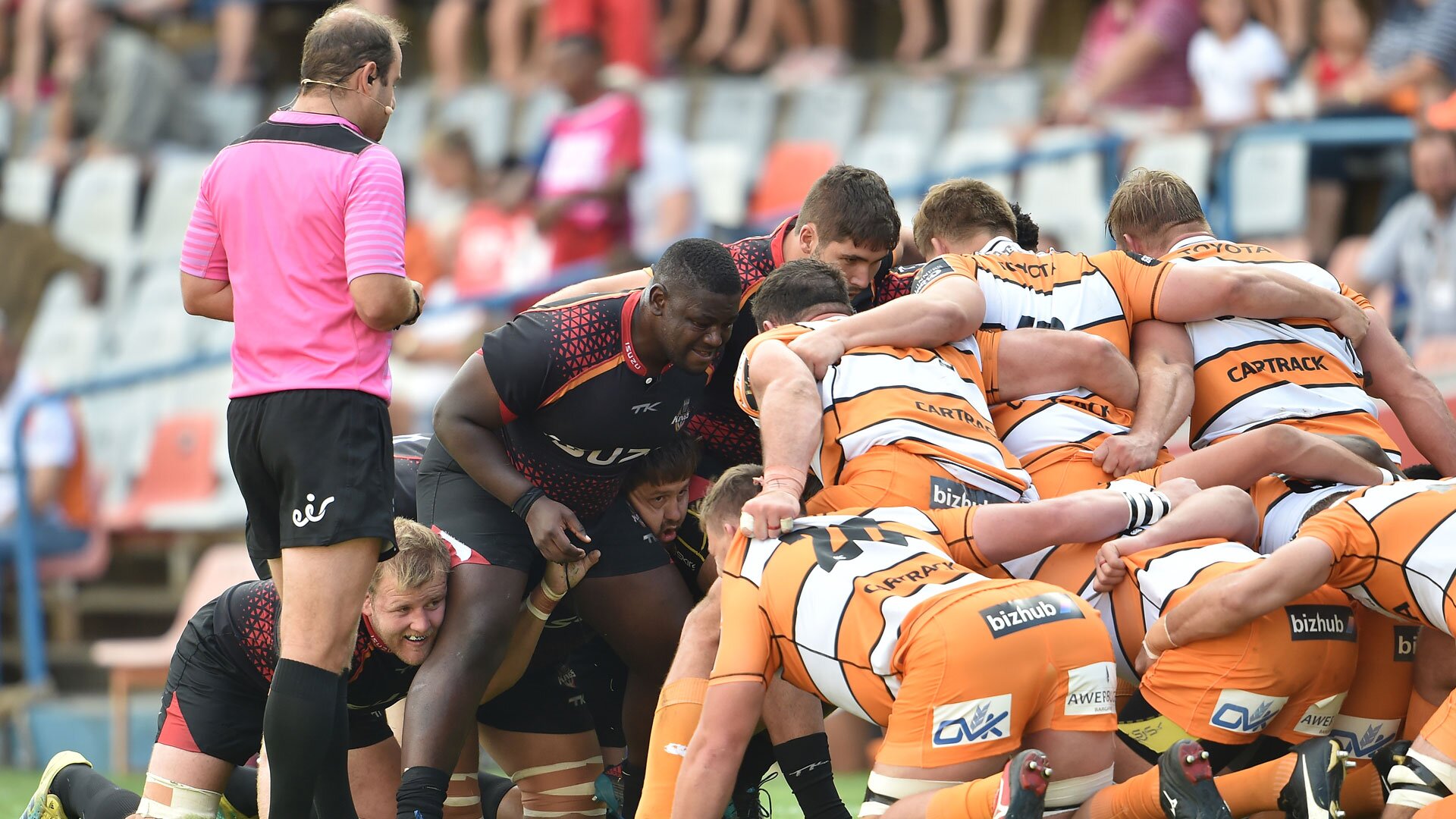Struggling Cheetahs claim the Pro14 'is tougher than Super Rugby'

Cheetahs CEO Harold Verster has added more fuel to the North v South debate after making the claim that the Pro14 is, in many ways, a tougher competition than what the Cheetahs were faced with in Super Rugby.
When Super Rugby revamped their structure at the end of 2017, the Cheetahs, Kings and Australia’s Western Force were dropped from the competition.
While the Western Force have found new life in Perth philanthropist Andrew Forrest’s Global Rapid Rugby competition, the Cheetahs and the Kings shifted their attention to the European market and are now competing with the top Welsh, Irish, Scottish and Italian teams in the Pro14 competition.
The two South African teams have had a torrid time so far in the competition: the Cheetahs managed a to make the quarterfinals last season but have found points much harder to come by in 2019, while the Kings have managed just three wins in the last two seasons.
Verster, who spoke to SuperSport in South Africa, may have shed some light on why the change to the Pro14 has been so challenging so far.
“We expected it to be a soft competition, not a tough one. But it is tougher than Super Rugby in some instances,” Verster said.
“If you play Leinster in Dublin, it is too tough to handle. Most of those players played for Ireland, and beat the All Blacks last year. Wales – all of those players play PRO14 and they won the Six Nations. Scotland almost hammered England and all those players played PRO14.”
While the cold, wet and sometimes snowy winter matches have been exceptionally challenging for the Cheetahs, Verster believes that the northern teams face just as difficult a time when they travel to South Africa: “They have to play here when it is hot and it is tough for them.”
https://www.instagram.com/p/Bv0PqVLAjtR/
Adjusting to the Pro14 competition has proved a difficult hurdle for the Cheetahs and the Kings, but a big factor in their failure to perform would also have to be that after the Super Rugby cull, many players have relocated to other teams in Europe and Japan. Both squads have also lost some of their top players to the other South African teams still competing in Super Rugby.
Given South Africa’s vested interest in Super Rugby and the wider population’s perception that the South Africa Rugby Union belief is that the southern hemisphere competition is still the best available to the South Africans, it’s not a huge surprise that Cheetahs and Kings players may feel they have less of a chance of being promoted into the international squad than their compatriots still playing in Super Rugby.
Whether the Pro14 is actually a more difficult competition than Super Rugby will debated for years to come, but the only two teams to have featured in both competitions have certainly had a difficult time transitioning from Southern Hemisphere rugby to Northern Hemisphere rugby.
Conor Murray discussess Tadhg Beirne:



































